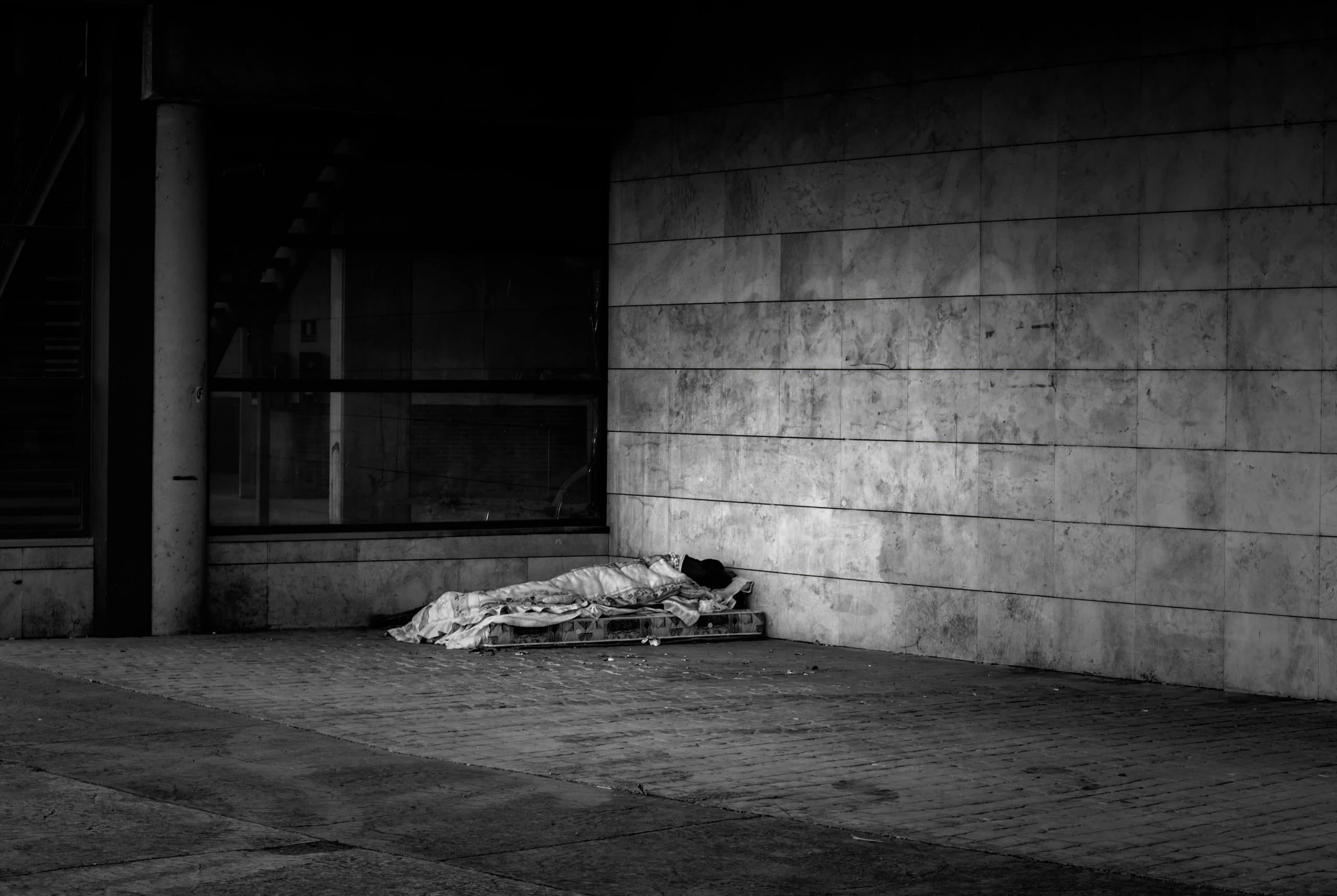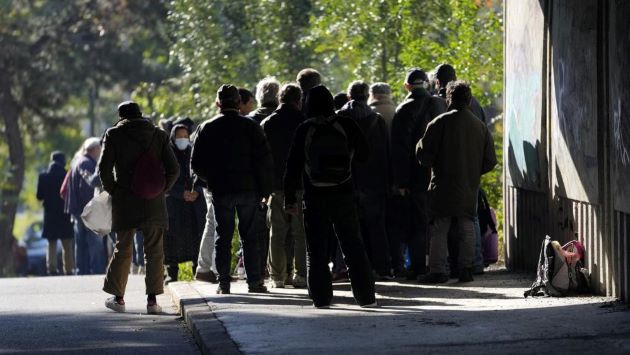
Historically, homelessness in Serbia never existed until the Balkan wars of the 1990s. Then, it arrived abruptly. Igor Mitrović, director of the Adventist Development and Relief Agency (ADRA) in Serbia, explained, “Socialist countries didn’t have a homelessness problem at all. Everyone was taken care of. But the war created displaced people and refugees, due to the collapse of public enterprises. Compounding the problem, the private sector did not have the capacity to employ all employed by the former state sector.”
Mitrović explained that as a result, over the past few decades, “we have had skyrocketing numbers of refugees and homeless people, further compounded by the refugee crisis of 2008 and 2009, the COVID-19 pandemic, and now the latest 2022 refugee crisis.”
According to Mitrović, society was not ready for homeless and displaced people. There was “no structure in place, because there was no need,” he said. “Now, all of a sudden … we have a number of growing refugees and homeless people, without anyone taking care of them. We just got a growing impression that we need to do something for them.”
A Shower and a Consultation Room
“Can you imagine going for months without taking a shower?” Mitrović asked. “When you think about it carefully, you begin to understand that it is actually a first step towards the recovery of personal dignity, a recovery of hope, which moves the individual from a static and passive form of existence — why bother trying to sort my life out? — and a move to start using the opportunities we provide, such as health care and employment guidance.”
The ADRA Serbia bus in Belgrade provides showers, laundry services, health care, and counseling, with guidance for clients on how to recover and get back on their feet, Mitrović explained. With 75 percent of clients not having identification papers, in the context of civil society, they are “ghosts,” without any element to be acknowledged by the government. Very few are “professional” homeless; they are family people who, three or four years ago, ran into a serious crisis, or people who had the resources for their own lives and lost them.

With the work of eight volunteers, it has taken two years to win their confidence. Now, around 1,000 homeless people regard ADRA and the bus as an ongoing source of support.
Mitrović has even given a presentation to a parliamentary committee about the work ADRA Serbia is doing. “I am fully convicted,” Mitrović said, “that Christ’s ministry is to work with the homeless.”
The initiative includes also a missional side. “Missionally, those most likely to receive the message of Christ are our volunteers,” Mitrović said. “They believe in the cause of the compassion of Christ. My local ADRA colleagues attend church, and I regard them as friends who belong before they necessarily believe, which is fine with me. We work and grow together as a team. When my volunteers start attending church … you know they are attracted by something different.”
The original version of this story was posted on the Trans-European Division news site.